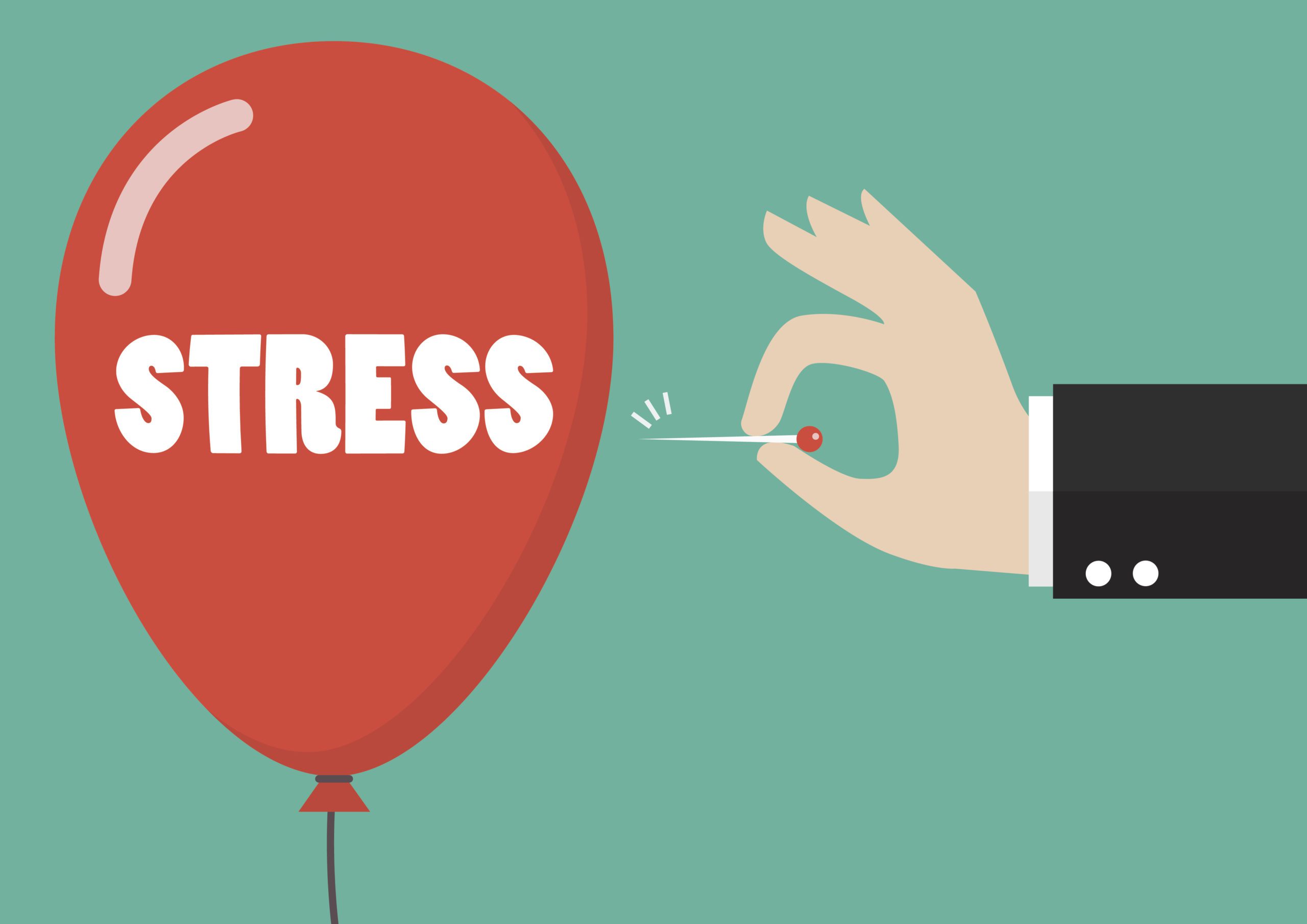Stress Can Increase Your Risk for Heart Disease - Health


How to Answer "How Do You Handle Stress?"
How 62 Stress Management Techniques, Strategies & Activities can Save You Time, Stress, and Money.
You're sitting in traffic, late for a crucial meeting, enjoying the minutes tick away. Your hypothalamus, a tiny control tower in your brain, decides to send out the order: Send out in the tension hormonal agents! These tension hormonal agents are the exact same ones that activate your body's "fight or flight" reaction. Your heart races, your breath speeds up, and your muscles ready for action. Research It Here was developed to secure your body in an emergency situation by preparing you to react quickly. But when the tension response keeps shooting, day after day, it could put your health at major danger. Tension is a natural physical and psychological response to life experiences.


Best Stress Busters When You Have Rheumatoid Arthritis -Everyday Health
Anything from daily responsibilities like work and household to severe life events such as a brand-new medical diagnosis, war, or the death of a loved one can trigger tension. For instant, short-term situations, stress can be beneficial to your health. It can help you handle possibly major circumstances. Your body reacts to stress by launching hormones that increase your heart and breathing rates and prepared your muscles to respond. Yet if your stress response doesn't stop shooting, and these stress levels remain elevated far longer than is needed for survival, it can take a toll on your health. Chronic stress can cause a range of signs and affect your general well-being.

Signs You're Suffering from Physical Symptoms of Stress - MIBluesPerspectives
Your central worried system (CNS) supervises of your "battle or flight" action. In your brain, the hypothalamus gets the ball rolling, informing your adrenal glands to launch the tension hormones adrenaline and cortisol. These hormones accelerate your heartbeat and send out blood rushing to the locations that require it most in an emergency situation, such as your muscles, heart, and other essential organs. When the viewed fear is gone, the hypothalamus must talk systems to return to regular. If the CNS fails to return to regular, or if the stress factor doesn't disappear, the reaction will continue.
